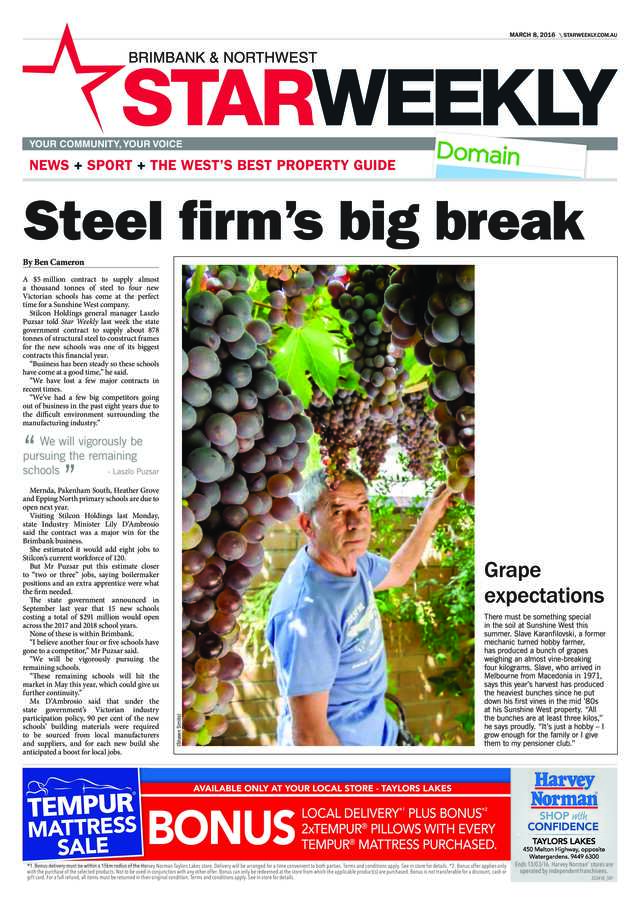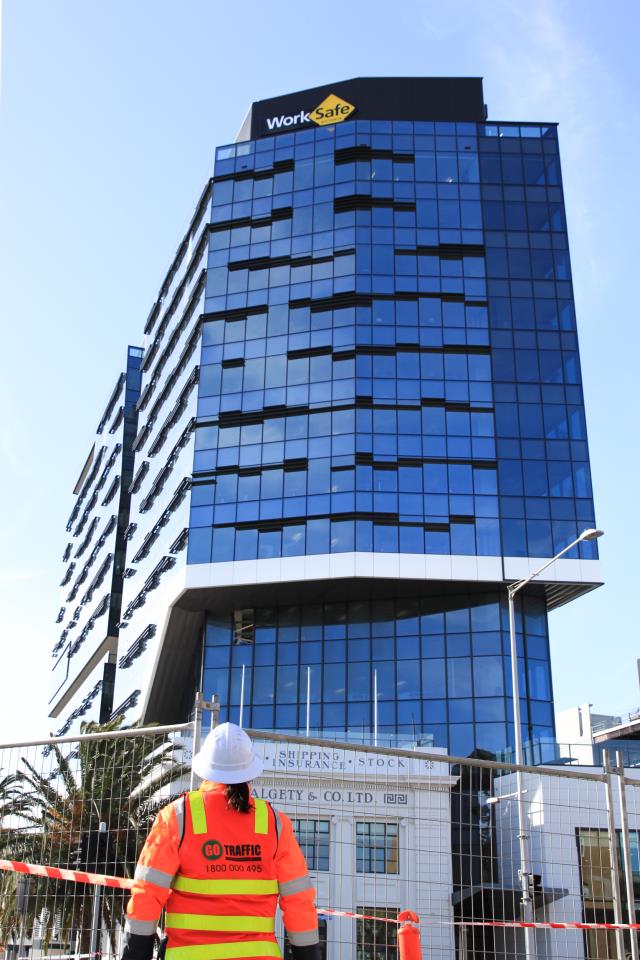Motorists are paying more for petrol because big chains BP, Caltex, Coles, Woolworths and 7-Eleven use a members-only website to co-ordinate price movements, the consumer watchdog alleges.
In a Federal Court lawsuit, filed on Wednesday, the Australian Competition and Consumer Commission alleges that by posting price hikes to the Oil Price Watch (OPW) service run by Queensland company Informed Sources, each chain was able to propose price increases in the Melbourne market and monitor how competitors responded.
‘‘This, we believe, is very concerning behaviour,’’ ACCC chairman Rod Sims said.
‘‘Our concern is, clearly, that consumers are paying more for petrol as a result of this behaviour.’’
The ACCC has asked the court to ban the alleged price co-ordination and impose pecuniary penalties.
Informed Sources provides OPW subscribers with petrol prices from the service station chains, delayed by half an hour. Membership of OPW is restricted to service station operators.
‘‘We allege that they can propose prices, respond to prices, we allege they can send a price increase, see how the others respond and therefore interact that way,’’ Mr Sims said.
‘‘So really what we’re alleging is that this is an agreement that has the purpose or effect of substantially lessening competition because it increases retail price co-ordination and co-operation.’’
Informed Sources managing director Alan Cadd blasted the ACCC action, which follows a two-year investigation, as ‘‘tantamount to bullying’’.
Mr Cadd said that without data from OPW, Informed Sources’ consumer petrol price app, MotorMouth, would have to shut down.
‘‘They have said to us, close down your service, close down your company, and we’ve said we don’t believe we’ve done anything wrong,’’ Mr Cadd said.
He said all Informed Sources was doing was collecting and publishing data ‘‘that’s already available to Joe the motorist as they drive past’’.
‘‘There’s 40-square-metre signs outside petrol stations broadcasting this – it’s not exactly WikiLeaks.’’
He said the ACCC’s probe, which began in May 2012, ‘‘makes the ASADA investigation into Essendon look like greased lightning’’.
Woolworths and Caltex said they would defend the lawsuit. A BP spokesman said the company was ‘‘confident that BP has acted lawfully at all times’’. 7–Eleven did not comment.
Richard Goyder, the chief executive of Coles owner Wesfarmers, declined to comment when asked about the case after the company’s announcement that its profit had surged 19 per cent, to $2.69 billion.
Mr Sims said that petrol prices were the No. 1 complaint brought to the ACCC.
According to ACCC data, only about 12 per cent of the retail price of petrol is subject to local competition, with the rest made up of the international price and taxes.
Mr Sims said it was not possible to say how much higher petrol prices were because of the alleged OPW arrangement.
He said the alleged arrangement did not rise to the level of a cartel or price fixing.
However, ‘‘having such arrangements as this is extremely unusual and in our view it would also be in breach of the law in other places overseas’’, he said.
He said the case against the chains and Informed Sources will rely on interviews conducted and documents seized by the ACCC using its compulsory powers during an investigation that started in May 2012.
Informed Sources has long been under ACCC scrutiny, with the regulator’s former head, Graeme Samuel, saying in 2008 that it was ‘‘as close to being illegally collusive as we can find, but it is not illegal’’.
Last month, the ACCC failed to renew its contract to receive price data from Informed Sources, sparking speculation that the regulator was preparing legal action.
Wednesday’s lawsuit follows ACCC action against Woolworths and Coles over ‘‘shopper docket’’ fuel discount schemes, which Mr Sims said might actually push up the price of petrol and create a duopoly.
In that case, the Federal Court found Woolworths in breach of an earlier undertaking but allowed Coles to ‘‘bundle’’ fuel and supermarket discounts.
– With Eli Greenblat

















